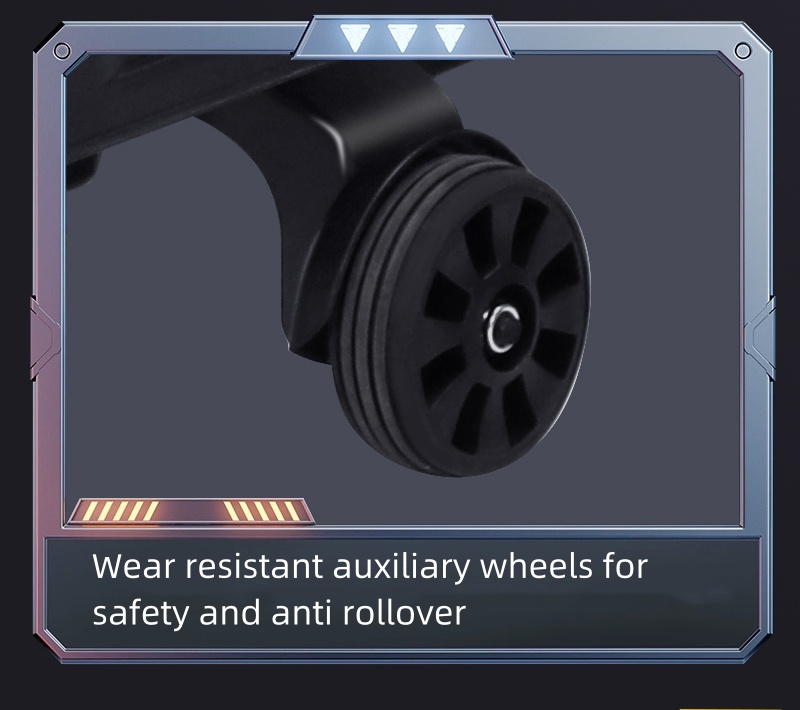is a scooter a motorcycle
Is a Scooter a Motorcycle?
The debate over whether a scooter qualifies as a motorcycle has been a topic of discussion among vehicle enthusiasts, legal experts, and everyday riders alike. While both scooters and motorcycles share similarities, such as having two wheels and being powered by an engine, they differ in various aspects that influence how they are classified, operated, and perceived. To understand the distinctions, we need to explore their characteristics, uses, and legal definitions.
First and foremost, scooters and motorcycles differ in design and build. Generally, scooters have a step-through frame, smaller wheels, and a platform for the rider's feet, which makes them more accessible for a broad range of users, especially beginners. Motorcycles, on the other hand, typically feature a more robust design with larger wheels, higher power outputs, and a seat that requires a more traditional mount. The design differences cater to different rider experiences; scooters tend to prioritize ease of use and urban functionality, while motorcycles emphasize performance, agility, and speed.
The engine displacement and power output are also crucial differentiators. Scooters are usually equipped with smaller engines, ranging from 50cc to around 250cc. These engines provide sufficient power for city commuting and short trips but are limited in speed and acceleration. Motorcycles, however, generally have larger engines, often exceeding 250cc, allowing for higher speeds and more robust performance. This difference in engine capacity influences the types of licenses required to operate each vehicle in many regions.
is a scooter a motorcycle

Legally, the distinction between a scooter and a motorcycle can vary significantly from one jurisdiction to another. In some places, all two-wheeled vehicles with engines over a certain displacement (often around 50cc) are classified as motorcycles, requiring riders to obtain a motorcycle license. In other regions, scooters with smaller engines may be subject to different licensing regulations. It is essential for riders to understand the specific laws in their area to ensure they are operating their vehicle within the legal framework.
While both scooters and motorcycles can serve as effective means of transportation, their use cases often differ as well. Scooters are primarily popular in urban environments, where their smaller size makes them ideal for navigating through traffic and finding parking in crowded areas. They are often favored for short commutes and errand running. Motorcycles tend to attract riders who seek more of an adventure, often used for longer trips, touring, or participation in motorcycle clubs and rallies.
Despite these differences, there is a substantial overlap between scooters and motorcycles in terms of their appeal and user base. Many riders start on scooters before transitioning to motorcycles as they gain experience and confidence. Conversely, some motorcycle riders appreciate the practicality of scooters for shorter trips, especially in congested cities.
In conclusion, whether a scooter is considered a motorcycle largely depends on various factors, including design, engine specifications, legal definitions, and intended use. While they share fundamental similarities as two-wheeled, motorized vehicles, the distinctions in these areas highlight their unique roles in transportation. For potential riders, understanding these differences is crucial to making informed decisions, ensuring compliance with local laws, and ultimately enjoying the ride, no matter which type of vehicle they choose.
-
Children's Tricycle: Enlarged Seat, Sunshade & Safety Push BarNewsAug.31,2025
-
Sports Kids Bike: High Carbon Steel Argon Arc Welded Frame | Beautiful GiftNewsAug.30,2025
-
Ultimate 24V Children's Car: Power, Fun & Safety for KidsNewsAug.29,2025
-
Children's Electric Car Ride Ons: 2-Seater, Bumper & Audi ModelsNewsAug.28,2025
-
Understanding Voltage in Battery for Children's Motorized CarNewsJun.05,2025
-
Safety Features to Look for in an Electric Car for KidsNewsJun.05,2025
